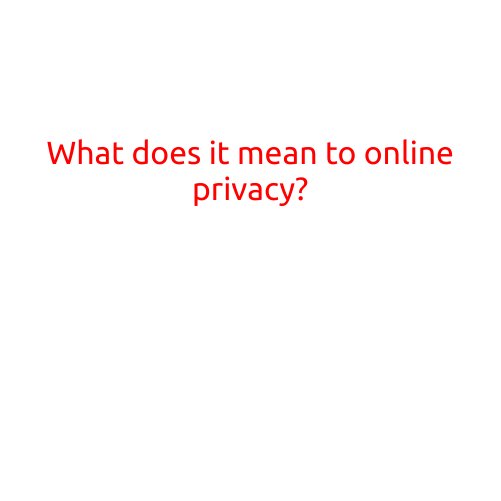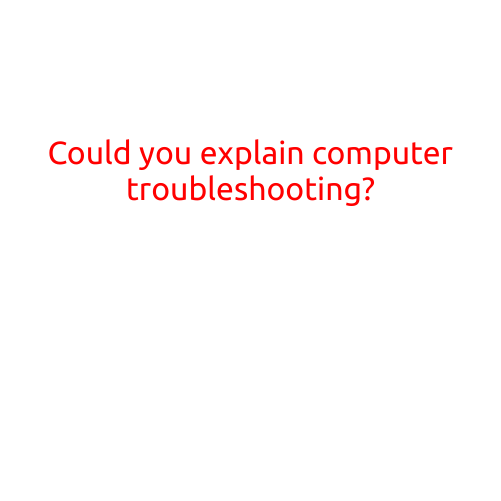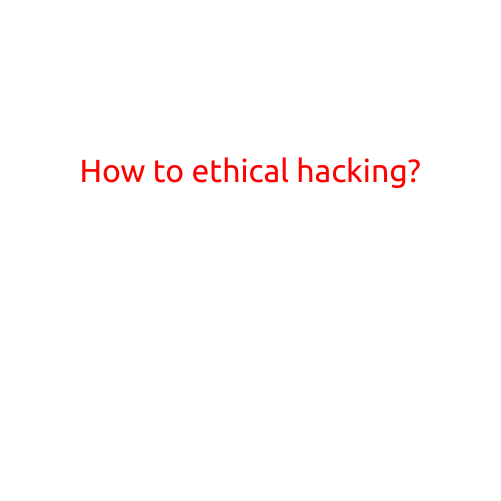
What Does It Mean to Have Online Privacy?
In today’s digital age, the concept of online privacy has become increasingly important. As we spend more and more time online, sharing our personal information, thoughts, and activities with others, it’s essential to understand what online privacy means and why it’s crucial for our well-being.
A Definition of Online Privacy
Online privacy refers to the right to control and protect personal and sensitive information shared online. This includes data such as name, contact information, location, browsing history, search queries, emails, social media posts, and any other information that identifies an individual. Having online privacy means being able to manage how this information is collected, used, and shared with others.
The Risks of Compromised Online Privacy
With the rise of social media, online shopping, and online banking, our personal information is more vulnerable to being compromised than ever before. When online privacy is compromised, individuals may face serious consequences, including:
- Identity theft: Thieves can use your personal information to commit fraud, steal your identity, and cause financial damage.
- Data breaches: Companies may suffer data breaches, exposing your sensitive information to hackers.
- Social engineering: Scammers may use your personal information to manipulate you into divulging more sensitive data or sending money.
- Psychological distress: Constantly being tracked and monitored can lead to feelings of anxiety, paranoia, and loss of trust in others.
Factors Affecting Online Privacy
There are several factors that can impact online privacy, including:
- Social media: Sharing personal information on social media platforms can make it easy for others to access and share it without your consent.
- Apps and websites: Many apps and websites collect and share user data without fully disclosing their practices.
- Data brokers: Companies collect and sell personal data to third parties, often without users’ knowledge or consent.
- Government surveillance: Governments may monitor online activity, collecting data without the consent of citizens.
Ways to Protect Online Privacy
While it’s impossible to completely eliminate the risk of online privacy breaches, there are several steps you can take to protect your online privacy:
- Be cautious when sharing personal information online
- Use strong, unique passwords and enable two-factor authentication
- Keep software and operating systems up to date
- Use a virtual private network (VPN) when using public Wi-Fi
- Read and understand the privacy policies of apps, websites, and social media platforms
- Consider using privacy-enhancing technologies, such as encryption and Tor
Conclusion
Online privacy is a complex and evolving concept that requires us to be aware of the risks and take steps to protect our personal information. By understanding what online privacy means and taking proactive measures to safeguard our data, we can help maintain our privacy and security online. Remember, online privacy is not just a luxury, but a fundamental right in the digital age.





